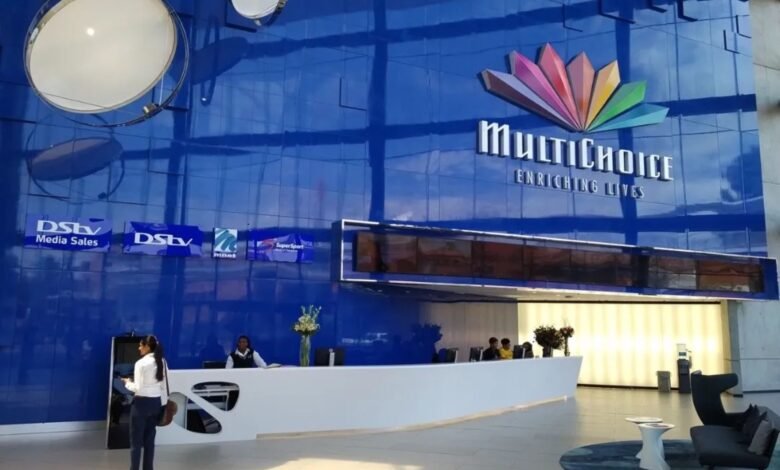Did MultiChoice’s alleged currency exchange scandal affect Canal+’s mandatory buyout offer?

French media group Vivendi’s Canal+ has made a mandatory all-cash offer to acquire the remaining shares of South African broadcasting giant MultiChoice that they don’t already own. The offer, valued at 35 billion rand (approximately $1.9 billion), comes after a previous attempt in February was rejected by MultiChoice as undervaluing the company.
The new mandatory offer stems from Canal+ exceeding the 35% ownership threshold in MultiChoice after their previous purchase. An offer of 125 rands per share values MultiChoice at roughly 55 billion rands, creating a potentially dominant pan-African broadcasting powerhouse. This strategic alliance would allow them to showcase African content to a global audience while strengthening their competitive edge internationally.
This proposed merger could create a dominant pan-African broadcasting powerhouse with over 31.5 million subscribers across 50 countries. Considering the continent’s rapidly growing population, the combined entity could reach a potential audience of over 1 billion people in Africa alone. Canal+ has a strong presence in French-speaking Africa, reaching over 16 million subscribers with content like Canal+ Series and Canal+ Sport. While MultiChoice dominates English-speaking markets, boasting over 20 million subscribers across Sub-Saharan Africa with popular offerings like DStv and GOtv. “A combined group would be better positioned to address key challenges and opportunities resulting from the progressive digitalization and globalization of the media and entertainment sector,” both companies stated in a joint press release.
However, this seemingly positive development for the continent’s media landscape is overshadowed by allegations of a massive currency exchange fraud case involving MultiChoice Nigeria Limited. MultiChoice Nigeria is suing a currency exchange broker and related entities, alleging they were defrauded of a staggering $18 million roughly N7.9 billion in a botched foreign exchange transaction. This significant loss represented a sizable chunk of MultiChoice Nigeria’s annual revenue. The case involves a currency exchange broker, JNFX Limited, and a representative named Ashay Mervyn. While the court case resulted in a judgment against JNFX Limited, further details regarding the ongoing investigation remain unclear.
This adds another layer of complexity to the buyout conversation. Canal+ itself already faces challenges in navigating South Africa’s strict ownership regulations. South Africa’s strict Black economic ownership (B-BBEE) requirements mandate companies to achieve a minimum level of Black ownership and control voting rights at 20%. Canal+ will need to navigate these regulations successfully to complete the deal. The offer now falls under the consideration of MultiChoice’s independent board formed specifically for this deal. An interesting wrinkle in the offer is that Canal+ reserves the right to purchase additional MultiChoice shares in the market during the offer period. If these additional shares are acquired at a price exceeding 125 rand, they must raise their offer price for all shares.
The potential impact of the controversy or if these allegations will directly affect Canal+’s buyout process. However, they introduce an element of risk and could delay or even derail the entire buyout process. Even if a legal issue doesn’t derail a deal, it can weaken the target company’s position. Sometimes, during the due diligence process of a merger, if the acquiring company discovers financial irregularities or fraud within the target company, it can use this information to renegotiate the deal price downwards. However, this scenario depends on the severity of the fraud and the impact on the underlying business. Although MultiChoice is the victim, the case could still result in reputational damage. This is almost reminiscent of Multichoice’s long-standing tax dispute with the Nigerian government. In 2021, Nigerian tax authorities accused MultiChoice Nigeria of underpaying taxes by a staggering N1.8 trillion ($4.4 billion). While MultiChoice contested the claim, the dispute dragged on through the courts, before settling earlier this year for a significantly lower amount. MultiChoice’s independent board will undoubtedly consider the financial implications and reputational damage caused by the scandal. One thing is clear. The proposed merger between Canal+ and MultiChoice faces a significant test as both companies grapple with legal and regulatory challenges.
Source link





